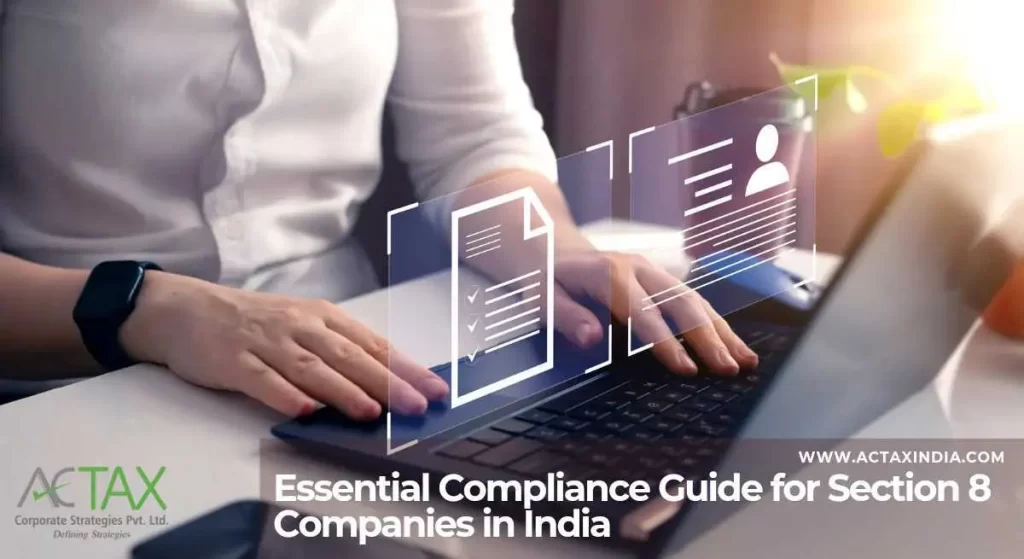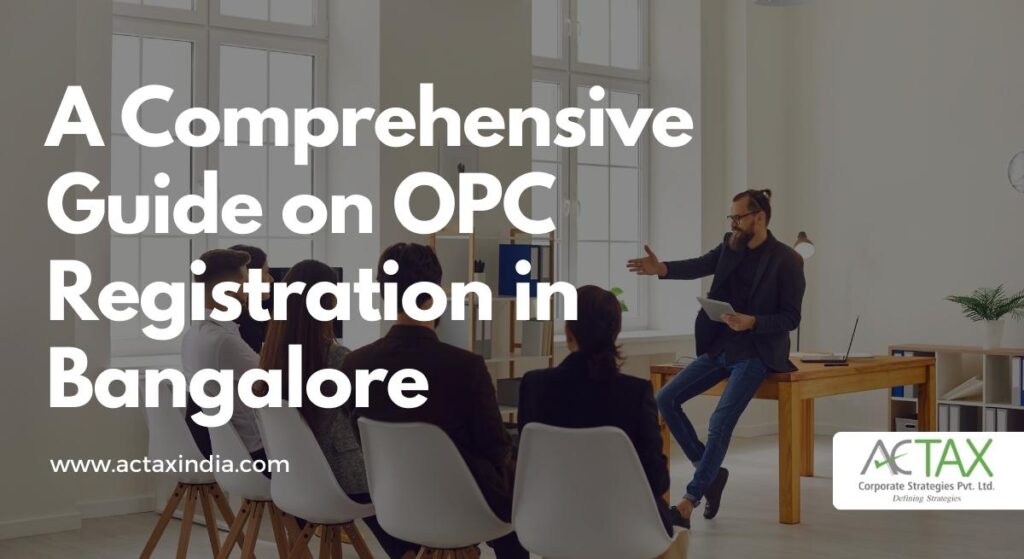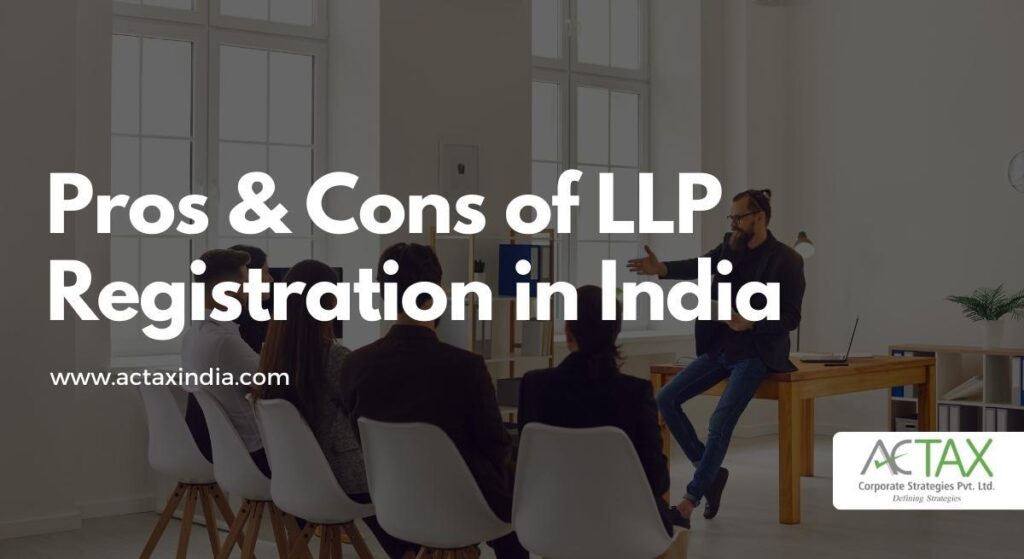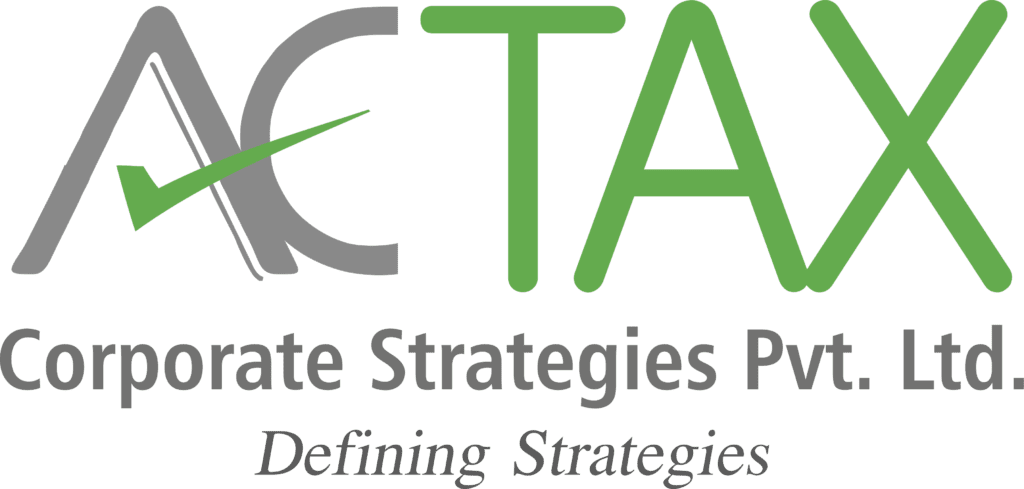Now you know all the procedures for registering a section 8 companies compliances in India. Congratulations on deciding to become a social entrepreneur! Now, before you jump right into the world-changing missions of your Section 8 companies , did you know the simple yet unavoidable aspect of this business concerns regulatory compliance?
I know, I know. Just hearing the word “compliance” probably makes you want to run for the hills. But believe me, there is no way around it – understanding and following these rules will allow your noble endeavour to remain legal. Well, go grab a cup of coffee and let’s untangle the Regulation System governing Section 8 companies
Table of Contents
Section 8 Companies: Know the Advantages of its Incorporation in India
What’s the Deal with section 8 companies compliances?
Now that we’ve got that out of the way, let’s dive into the section 8 companies compliances checklist:
Registration and Incorporation
The process starts with the Company registering itself with the Registrar of Companies (RoC). You’ll need to:
- Select a distinct name for your business
- Prepare Memorandum of association (MoA) and Articles of association (AoA)
- Get Digital Signature Certificate (DSC) and Director Identification Number (DIN) of all the directors
- Provide all the needed incorporation documentation with the RoC
Pro tip: Ensure all your goals are in complete harmony with section 8 protocols. The Ministry of Corporate Affairs (MCA) pays a lot of attention to these applications!
Obtain Necessary Licenses
Whether you’re looking into Company Registration in Mumbai or other regions, understanding the necessary licenses is crucial. Some activities require extra authorization, so you will need other permits and licenses. Common ones include:
- Section 12A and 80G registrations under the Income Tax Act in order to avail tax exemptions
- FCRA registration in case you want to receive foreign contributions
- Registrations at state-level for some charitable operations
Board Meetings and Annual General Meetings (AGMs)
Section 8 companies need to hold regular board meetings and AGMs:
- Hold at least one board meeting in each of the calendar quarter of the financial year
- Ideally, the intervals between two board meetings should not be more than 120 days.
- Holding of an Annual General Meeting within six months from the end of the financial year
- Ensure that all proceedings of all the meetings are well-recorded
Remember, these meetings aren’t just formalities – they’re crucial for transparent decision-making and governance.also Refer to this blog list of mandatory annnual compliance for llp
Financial Compliances
Here’s where things get a bit number-heavy:
- Maintain proper books of accounts
- Prepare financial statements in accordance with accounting standard
- Get your financial statements audited by a qualified chartered accountant
- File annual financial statements and tax returns with the relevant authorities
Don’t panic if you’re not a finance whiz – that’s what accountants are for! Just make sure you stay on top of deadlines.
Annual Compliances
Every year, you’ll need to:
- File annual returns with the RoC within 60 days of the AGM
- Submit income tax returns within the prescribed time limit
- File other statutory returns as applicable (e.g., TDS returns, professional tax returns)
Director-related Compliances
Your directors have responsibilities too:
- Ensure all directors have valid DINs
- File DIR-3 KYC for all directors annually
- Disclose any conflicts of interest
- Adhere to the code of conduct for directors
CSR Compliance (if applicable)
If your Section 8 company’s net worth, turnover, or net profit crosses certain thresholds, you might need to comply with Corporate Social Responsibility (CSR) rules. This includes:
- Constituting a CSR committee
- Formulating a CSR policy
- Spending at least 2% of average net profits on CSR activities
- Reporting CSR activities in the annual report
Fundraising and Donation Compliances
If you’re accepting donations or raising funds:
- Maintain proper records of all donations received
- Issue receipts to donors
- Comply with FCRA regulations for foreign contributions
- Ensure funds are used only for the stated objectives
Employment and Labor Laws
If you have employees, you’ll need to comply with various labor laws:
- Provide proper appointment letters and maintain employee records
- Comply with minimum wage regulations
- Register for and contribute to Provident Fund and ESI (if applicable)
- Adhere to safety and health standards in the workplace
Specific Sector Compliances
Depending on your area of work, you might have additional compliances:
- Educational institutions might need affiliation with relevant boards or universities
- Healthcare organizations may require registrations with medical councils
- Environmental organizations might need to comply with specific environmental regulations
Phew! That’s quite a list, isn’t it? But don’t let it overwhelm you. Remember, these section 8 companies compliances are in place to ensure transparency, accountability, and proper functioning of your organization.
Staying Compliant: Tips and Tricks
Now that we’ve covered the what, let’s talk about the how. Here are some tips to help you stay on top of your Section 8 companies compliances game:
- Create a Compliance Calendar: Mark all important dates and deadlines. Trust me, your future self will thank you for this.
- Delegate Responsibilities: Assign specific compliance tasks to team members or directors. Don’t try to do everything yourself!
- Use Technology: Invest in good accounting and compliance management software. It’ll save you time and reduce errors.
- Stay Informed: Laws and regulations change. Make it a habit to stay updated on any amendments or new rules.
- Seek Professional Help: When in doubt, consult experts. Lawyers, chartered accountants, and company secretaries can be lifesavers.
- Document Everything: Keep meticulous records of all your activities, decisions, and financial transactions.
- Be Proactive: Don’t wait for deadlines to loom. Start working on compliances well in advance.
- Educate Your Team: Make sure everyone in your organization understands the importance of compliance.
The Road Ahead
I know all these compliances might seem daunting, especially when you’re just starting out. But look at it this way – by following these rules, you’re building a strong foundation for your section 8 companies compliances. You’re creating an organization that’s transparent, accountable, and trustworthy – qualities that are crucial in the social sector.
Remember, compliance isn’t just about ticking boxes. It’s about building credibility and trust with your stakeholders – be it donors, beneficiaries, or the government. It’s about ensuring that every rupee you receive is used effectively and ethically towards your noble cause.
So, embrace these compliances. Yes, they might give you a headache now and then, but they’re helping you create an organization that can truly make a difference. And isn’t that why you started this journey in the first place? also free to feel contact us at actaxindia and also Keep on reading the blog to learn more 7 benefits of company registration for startups Keep up the great work, stay compliant, and go change the world – one regulation at a time!






